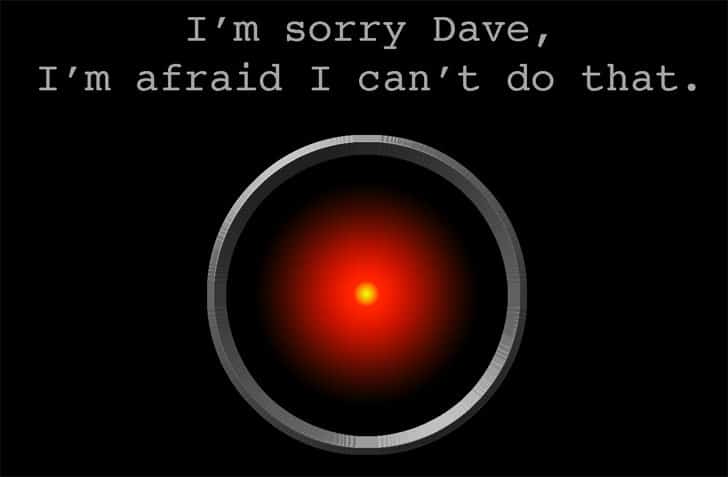Quantamental is an investment strategy combining quantitative and fundamental methods. Data and algorithms have “prompted many traditional fundamentals-centered discretionary funds to integrate data-driven tools in day-to-day decision-making.” MarketWatch says the quantamental merger of computing power and human expertise is investing’s next frontier. Example: Active trading based on a particular blend of conventional balance sheets and arcane data points.
Help humans and machines overcome their worst decision-making instincts.
By up-leveling your expertise with machine intelligence, you can derisk/debias big decisions and automate the smaller ones. And by connecting technical concepts with business outcomes, you can strengthen your leadership role.
The #quantamentalist frontier.
Within your industry, you can demonstrate how to set guard rails that help humans and machines overcome their worst decision-making instincts. What are the high-quality decision processes that reliably produce good results? Which decisions require no human touch, and which ones don’t benefit from extensive analytics? What should be escalated – and to what end? A quantamentalist knows what people know, interprets technical findings, and understands the significance of qualitative evidence. It’s a challenging role suitable for people who want to stay on the cutting edge.
Example: Netflix meticulously measures subscriber behavior and uses sophisticated algorithms to recommend programming. But what happens when the data clash with an executive’s priorities? The Wall Street Journal describes a conflict between weak GLOW television viewership and valuable relationships with Jenji Kohan, successful creator of Orange is the New Black: Bottom line, GLOW has not been cancelled.

Better together.
As in any decision-making environment, quantamental success depends on a disciplined process. Objective procedures balance technical acumen with good human judgment. Bloomberg explains human judgement “doesn’t overrule the data-driven decisions,” it adjusts for prevailing conditions. Technology reduces bias and random noise: People use machine learning to validate an existing hypothesis or build rigorous statistical models to manage risk.
Analytics or AI can free talented professionals to focus on the most interesting problems. I wrote awhile back about insurance decision-making at AIG, where algorithms recommend policy pricing. Applying their own judgment, underwriters can either accept a model’s suggestion or set a different price. Sometimes nuances are recognized by insiders, but are too subtle for a machine.
Other professional tasks are AI-assisted, or soon will be. For instance:
– AI can accurately spot errors in straightforward nondisclosure agreements, per a LawGeex study.
– Computer-aided colonoscopy diagnosis successfully distinguishes neoplastic polyps from nonneoplastic ones, potentially saving substantial medical cost.
Developers are still figuring out how to explain machine intelligence so people will want to incorporate it into their processes. Typically we lose trust in an algorithm when its imperfections are exposed – but we regain some of that trust if we can tweak the algorithm ourselves.
Posted by Tracy Allison Altman on 12-Nov-2018.
Photo credit: Sarin Suriyakoon on Unsplash.








